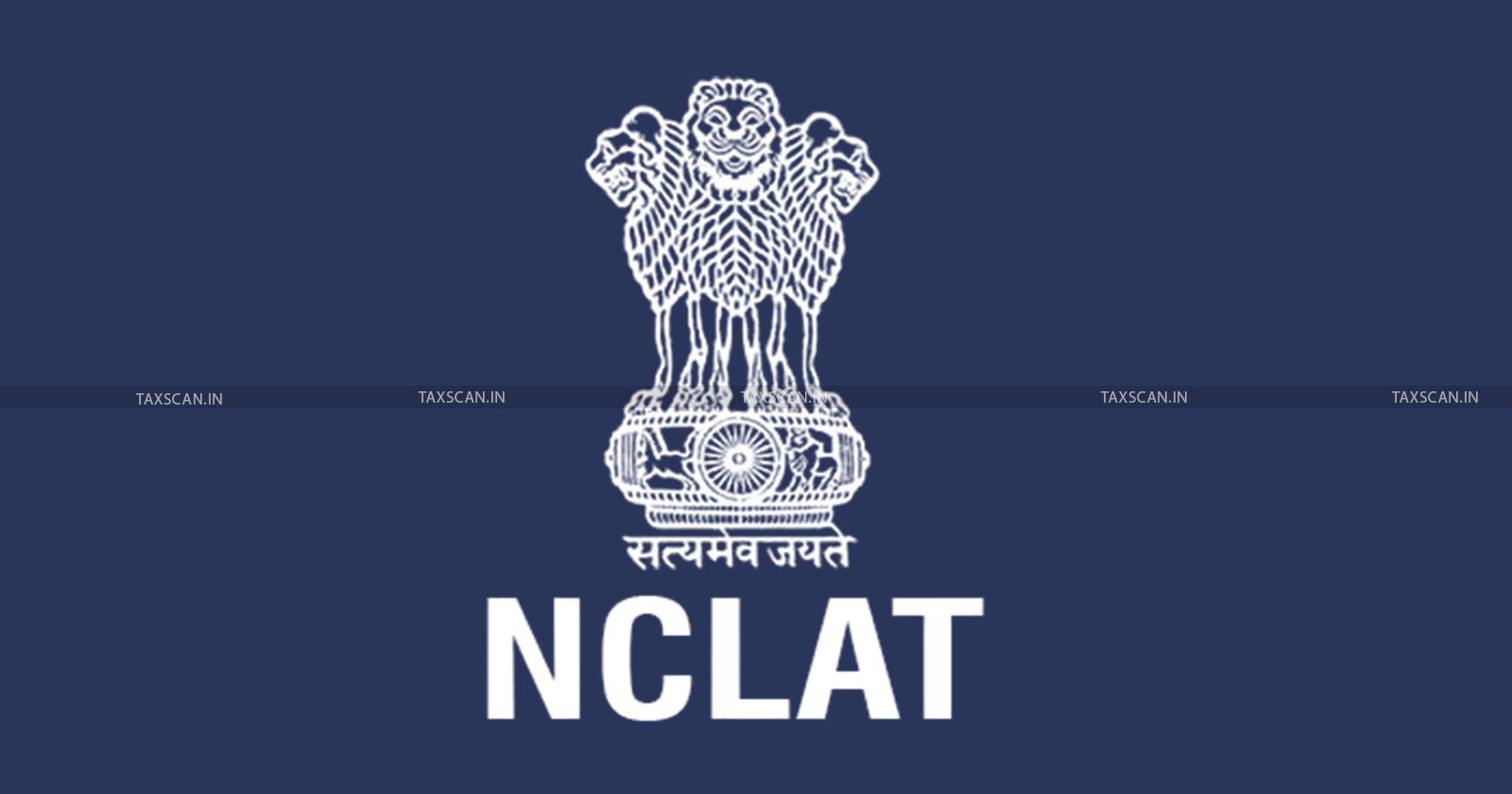Validity of S.95 Application for Personal Guarantor: NCLAT confirms Timely Filing and Proper Authorization [Read Order]
The NCLAT further noted that the Deed of Guarantee was a continuing guarantee, which meant the appellant’s liability was triggered by the bank’s demand, not by the corporate debtor’s default

Validity – Application – Personal Guarantor – NCLAT – Timely Filing – Proper Authorization – taxscan
Validity – Application – Personal Guarantor – NCLAT – Timely Filing – Proper Authorization – taxscan
The Delhi Bench of National Company Law Appellate Tribunal ( NCLAT ) upheld the timely filing and proper authorization of the Section 95 application of Insolvency and Bankruptcy Code ( IBC ) 2016 filed by the Respondent-1 State Bank of India,to initiate insolvency proceedings against the personal guarantor,rejecting objections on limitation and authorization
Mavjibhai Nagarbhai Patel,appellant-personal guarantor,had signed a Deed of Guarantee for a corporate debtor’s credit facilities. Following the debtor’s default, the bank issued a Section 13(2) notice on June 4, 2021, demanding Rs. 32.60 crore from the appellant. When no payment was made, the bank issued a Rule 7(1) Demand Notice on September 28, 2021, with the default date set as August 4, 2021. The bank filed the Section 95 application on June 18, 2022.
Transform GST Learning: Master Sections Faster with Memory Power- Click here to know more
The personal guarantor raised two key objections. First, they argued the application was time-barred, as it was filed outside the prescribed three-year limitation period. The appellant also claimed the application was not filed by an authorized officer.
The tribunal reviewed the timeline and determined the application was filed within the limitation period, as the default date was August 4, 2021, making the June 18, 2022 filing valid. It rejected the appellant’s claim that the default date could not be set from June 4, 2021, emphasizing that the Deed of Guarantee clearly stated the guarantor’s liability would be triggered upon the bank’s demand, which occurred on that date.
On the authorization challenge, the appellant contended that the officer who filed the application was unauthorized. The bank clarified that an Assistant General Manager ( AGM ) in the SMGS-V grade, duly authorized under a 1987 Gazette notification, signed the application. The tribunal accepted this explanation and dismissed the appellant’s objection.
Transform GST Learning: Master Sections Faster with Memory Power- Click here to know more
The appellate tribunal further noted that the Deed of Guarantee was a continuing guarantee, which meant the appellant’s liability was triggered by the bank’s demand, not necessarily by the corporate debtor’s default.
The three bench comprising Justice Ashok Bhushan ( Chairperson ),Barun Mitra (Technical Member) and Arun Baroka(Technical Member) ruled that both challenges to the timeliness and authorization were without merit. It allowed the insolvency resolution process for the personal guarantor to proceed and the appellant’s objections were rejected.
In short,the appeal filed by the appellant was dismissed.
To Read the full text of the Order CLICK HERE
Support our journalism by subscribing to Taxscan premium. Follow us on Telegram for quick updates


